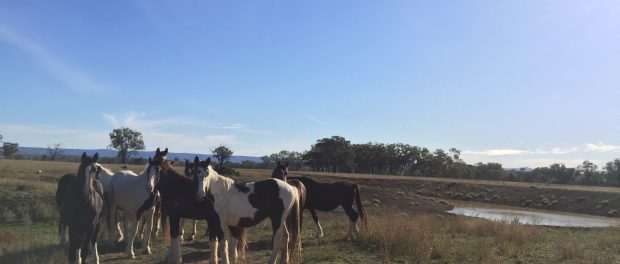 I always feel like a stranger in my hometown Füssen in the Allgäu. The reason for this is simple: Fasching, the traditional carnival in southern Germany. But thankfully, the Fasching euphoria in Füssen is rather moderate compared to the villages surrounding it, like Buching, Hopferau and so on, which you most certainly don’t know if you’re not from the area.
I always feel like a stranger in my hometown Füssen in the Allgäu. The reason for this is simple: Fasching, the traditional carnival in southern Germany. But thankfully, the Fasching euphoria in Füssen is rather moderate compared to the villages surrounding it, like Buching, Hopferau and so on, which you most certainly don’t know if you’re not from the area.
Reasons to dislike Fasching
But why is that? I simply don’t get it. Okay, some of the costumes at the parades are in fact quite funny but – in my opinion – the majority aren’t. Most of the costumes are even worse! Hordes of badly-dressed cowboys and Indians! For every creative costume produced after hours and hours of work, there are hundreds of boring Wild West reenactments. And then there’s the horrible music. Every year, the same tasteless Schlager playlists penetrate my ears and leave me speech- and breathless (“Atemlos”…)! But for most people at Fasching, it doesn’t matter, since the majority of people just need a reason to get drunk and – even  worse – they can’t cope with being drunk and behave aggressively.
worse – they can’t cope with being drunk and behave aggressively.
Any chance of escape?
You might be wondering if it’s possible to escape from this madness. Well, if you’re living in one of these previously-mentioned Fasching strongholds, there’s only one way to do so: build yourself a soundproof air-raid shelter. Sorry. If you’re lucky and you live a safe distance away from these danger areas, take advantage – stay away and let the others have their fun. Tastes differ and so do ideas about what a good party looks like.
By the way, in case you have to hand in a seminar paper or something similar by the end of February, see the positive side of it: in the library, you’re safe from drunkards in fancy dress and Helene Fischer.
Authors: Thomas Kienast, Sebastian Reimann
Pictures: Noemi Hehl



 “I hol mer zerscht mol en Kaffee in dr Kafede, sonschd schlof I glei wieder ei.” If you hear this at university in the morning, you might not understand it as a non-Swabian. Of course, there’s a wide spectrum of dialects in Germany, some of which aren’t easy for outsiders. Since our noble institution is located in the Swabian part of Bavaria, some of the residents speak Bavarian varieties (“Boarisch“), whereas others „schwätzat Schwäbisch“, with the river Lech as a linguistic border. Augsburg, as the capital of Swabia, has its own Swabian variety: Augschburgerisch. In fact, you will be easily detected as a „Zuazogner“, if you say Augsburg instead of Augschburg.
“I hol mer zerscht mol en Kaffee in dr Kafede, sonschd schlof I glei wieder ei.” If you hear this at university in the morning, you might not understand it as a non-Swabian. Of course, there’s a wide spectrum of dialects in Germany, some of which aren’t easy for outsiders. Since our noble institution is located in the Swabian part of Bavaria, some of the residents speak Bavarian varieties (“Boarisch“), whereas others „schwätzat Schwäbisch“, with the river Lech as a linguistic border. Augsburg, as the capital of Swabia, has its own Swabian variety: Augschburgerisch. In fact, you will be easily detected as a „Zuazogner“, if you say Augsburg instead of Augschburg.
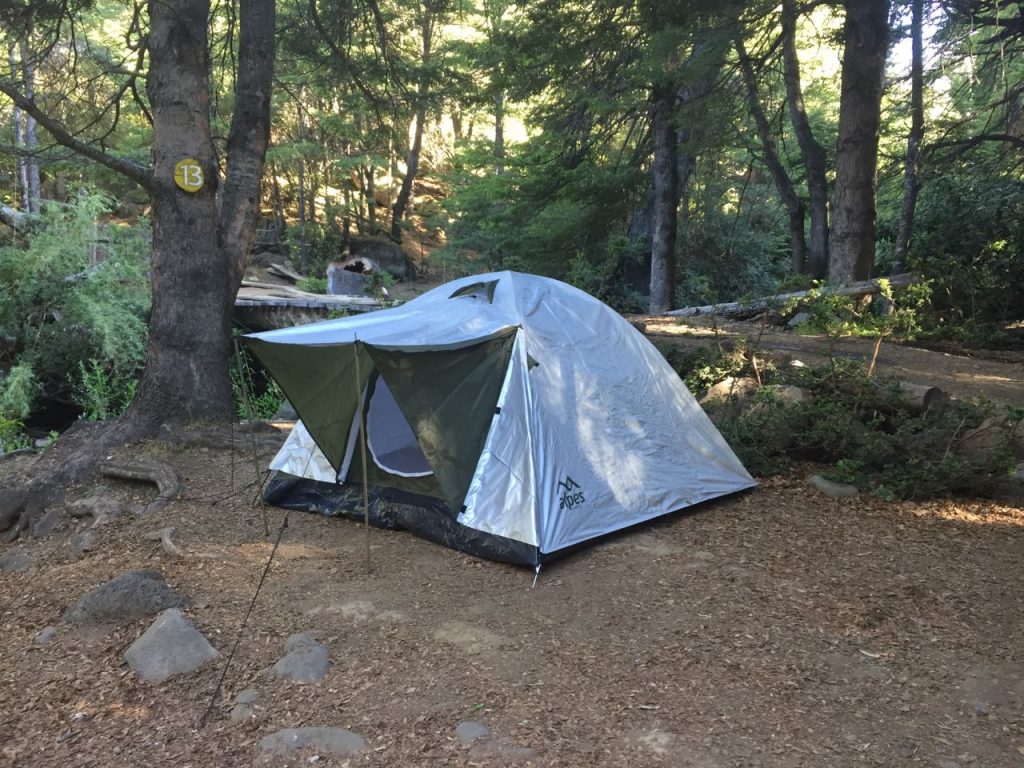 It’s a sad fact of life that our daily lives can become really stressful. If it’s not exams or work, it’s family or other obligations. Our daily routine is planned right down to the last detail, minute by minute: appointments, deadlines and the like. So how can we break out of this vicious circle, at least for a little while? Read on…
It’s a sad fact of life that our daily lives can become really stressful. If it’s not exams or work, it’s family or other obligations. Our daily routine is planned right down to the last detail, minute by minute: appointments, deadlines and the like. So how can we break out of this vicious circle, at least for a little while? Read on…
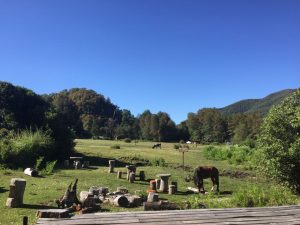 Be ready to disconnect
Be ready to disconnect 




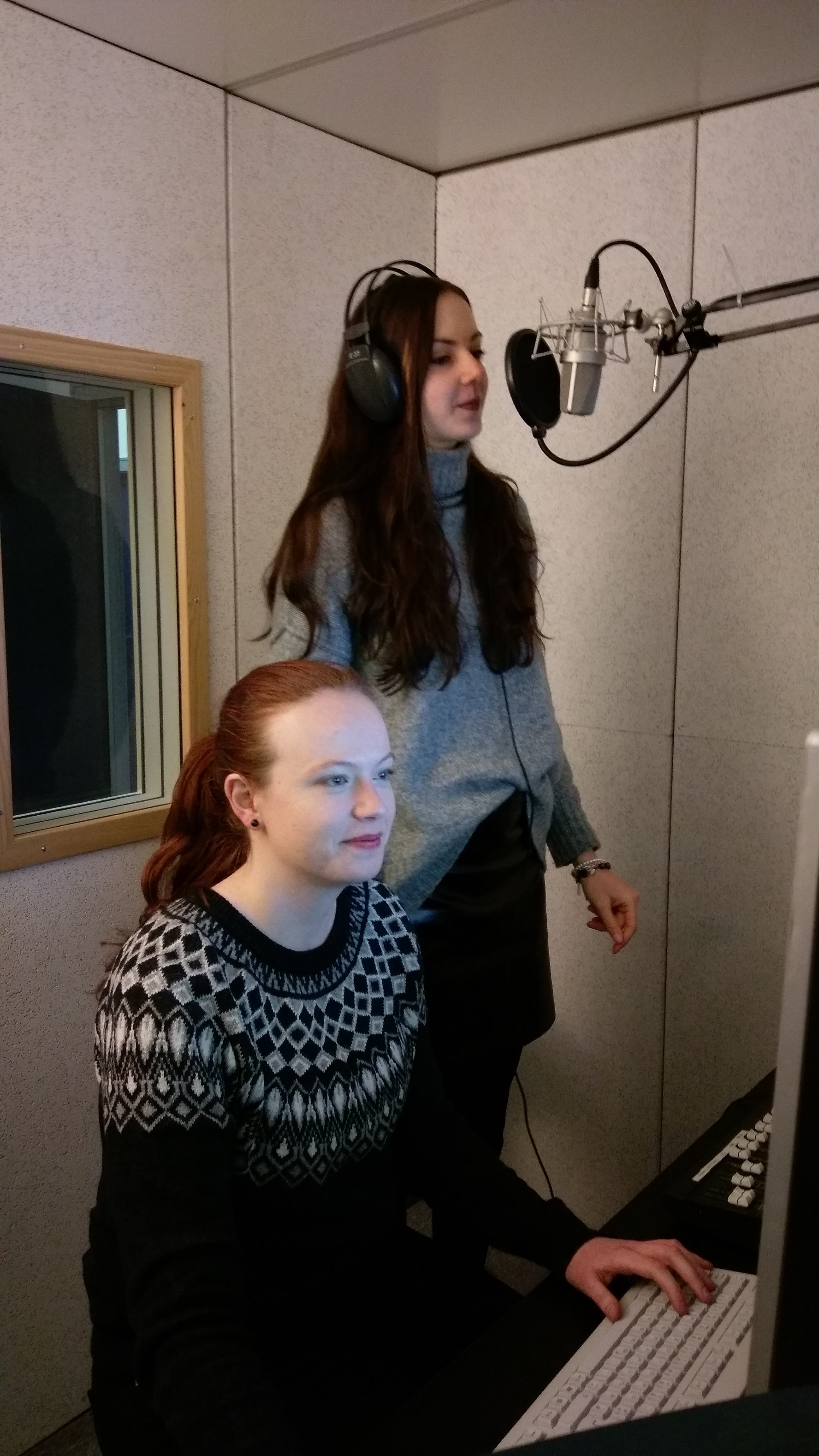

 Listen in or become a radio celebrity yourself!
Listen in or become a radio celebrity yourself!
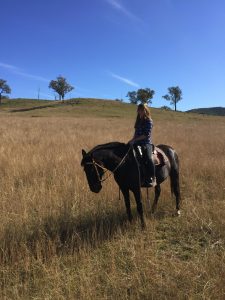 During my backpacking time in Australia, I decided to do some real Aussie stuff and get an insight into the jackaroo/jillaroo lifestyle. A jackaroo/jillaroo is somebody who lives and works on a sheep or cattle station – and well, there are about 70 million sheep in Australia, but only about 23.6 million people! Online, I found this horse breeding and sheep station farm near Bingara, in the northeast of New South Wales, called “Garrawilla”. After I had contacted John and his girlfriend and helping hand Natusha, I booked my train and bus tickets, packed all my stuff, and was definitely ready to go on an adventure!
During my backpacking time in Australia, I decided to do some real Aussie stuff and get an insight into the jackaroo/jillaroo lifestyle. A jackaroo/jillaroo is somebody who lives and works on a sheep or cattle station – and well, there are about 70 million sheep in Australia, but only about 23.6 million people! Online, I found this horse breeding and sheep station farm near Bingara, in the northeast of New South Wales, called “Garrawilla”. After I had contacted John and his girlfriend and helping hand Natusha, I booked my train and bus tickets, packed all my stuff, and was definitely ready to go on an adventure! By telling me all his stories about his family and friends, his various jobs on the farm and all the bloody Germans he’d met, John taught me many useful, important things about how to treat horses properly. He always illustrated his wisdom with real-life examples: often myself. I can tell you, getting dirt smeared in the face or being poked in the bottom with a pencil is not the nicest way to start your day! For the next few weeks, we would make young horses used to wearing a halter, teach them to lead and give and also get them to have a saddle on for the first time. Breaking in horses was one of the main tasks on the farm. Apart from that, we did some fencing (a pretty hard job, really), drove in and sheared sheep, fed all his working dogs and rode the horses, of course!
By telling me all his stories about his family and friends, his various jobs on the farm and all the bloody Germans he’d met, John taught me many useful, important things about how to treat horses properly. He always illustrated his wisdom with real-life examples: often myself. I can tell you, getting dirt smeared in the face or being poked in the bottom with a pencil is not the nicest way to start your day! For the next few weeks, we would make young horses used to wearing a halter, teach them to lead and give and also get them to have a saddle on for the first time. Breaking in horses was one of the main tasks on the farm. Apart from that, we did some fencing (a pretty hard job, really), drove in and sheared sheep, fed all his working dogs and rode the horses, of course!